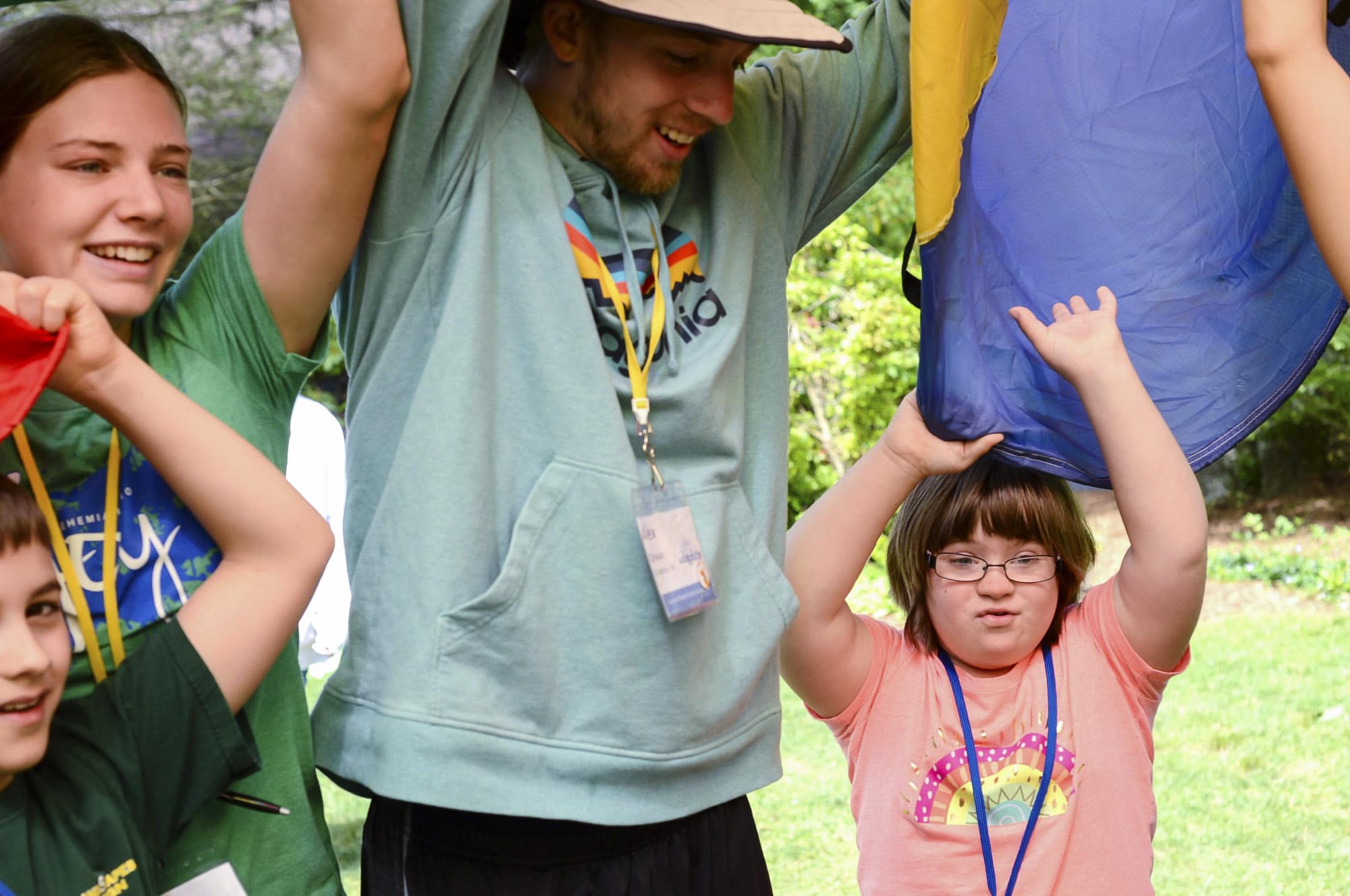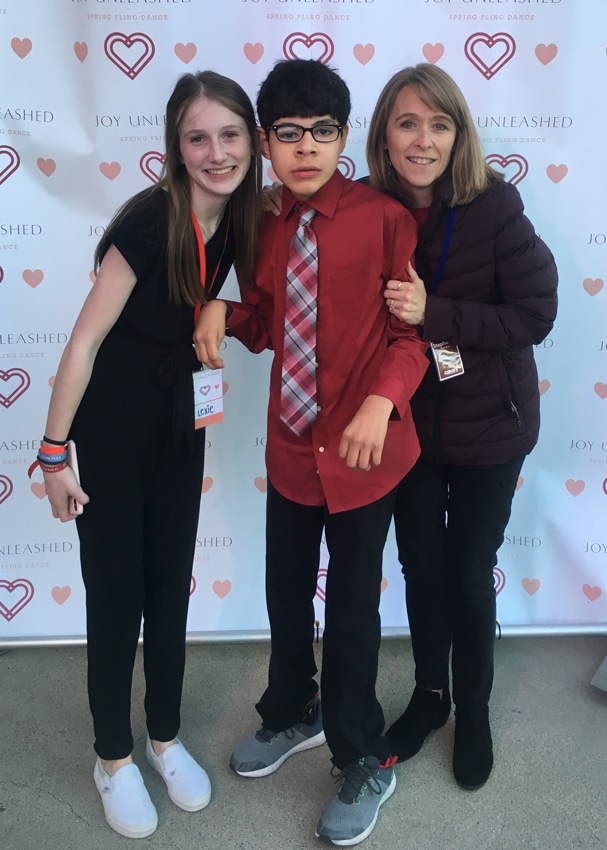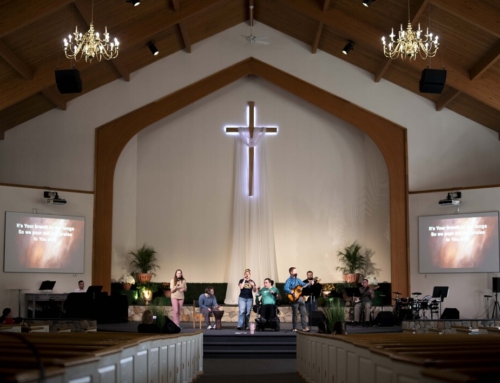What is Special Needs Ministry?

When we as the church talk about “disability” and “special needs,” we are talking about real people in our churches and communities. While a diagnosis can help us understand someone’s needs, we are not treating an abstract “disability;” we are loving someone created in the image of God.
The mission of Joni and Friends is to communicate the Gospel and equip Christ-honoring Churches worldwide to evangelize and disciple people affected by disabilities.
It’s our goal to help churches, in word and deed, accurately reflect the heart of Christ for people with disabilities. We believe this is part and parcel of the mission of every church: “To go and make disciples of all nations.” That’s why, every Wednesday for the next four weeks, Joni and Friends will be releasing brand-new training videos for churches.
These videos are three things:
- Succinct: Less than 8 minutes each.
- Practical: Information you can use.
- Universal: Applicable to churches large and small, urban and rural, liturgical and contemporary.
The first two videos in this series are available today. And since disability ministry is about people, I want to introduce this video series with a story—a story about real, living, breathing people. People who are loved by God; people who have a place in the church; people who have a role to play in the body of Christ.
 I’d like you to meet Brandon.
I’d like you to meet Brandon.
Brandon can’t talk. He will likely never be able to explain his understanding of the doctrine of God’s love. But the smile that breaks across his face every time he pulls into the church parking lot makes it’s clear he knows he is loved by the people of God. But that has not always been the case.
Brandon has a number of disabilities that stem from being shaken as an infant. When Brandon was about two years old, Social Services deemed him “unadoptable” and planned to put him in an institutionalized home. The “system” had given up on him.
When a friend of the foster parents heard about what Social Services had planned, she knew she had to intervene.
Being unmarried, Tracy thought it was unlikely her application to adopt Brandon would be accepted. But happily, she was wrong. Before long, Tracy was bringing her infant son to the church she had been attending since 8th grade.
As Brandon grew out of infancy, the effects of his disability became more pronounced. Soon, Brandon was not able to participate in Sunday School without someone being with him one-on-one. No one from the church would volunteer to fill that role, so Tracy had to make the difficult choice between paying someone to be with her son in class, or skipping church to take Brandon herself so he could hear about Jesus alongside his peers.
Her requests for help fell on deaf ears and her offers to train volunteers were declined. Like Social Services, the church seemed to have given up on Brandon.
After more than 20 years in the same church, Tracy began considering a change.
One Sunday when Brandon slept in too late for them to attend their home church, Tracy decided to scope out a church she had heard about from a friend. No one wants to crash a party that they weren’t invited to, and since Tracy hadn’t let anyone know they were coming, she planned to take Brandon into service with her. But as Tracy and Brandon entered the church, a volunteer spotted them and encouraged Brandon to go to kid’s church. Tracy protested, explaining that they hadn’t told anyone they were coming. “That’s OK,” they were assured, “there’s someone ready to buddy up with Brandon.”
This church welcomed them before they knew them.


To Tracy’s surprise, everyone treated Brandon as if he’d been there for months. The volunteers, the kids, and even the pastor made a point to say hello. After years of fighting and scrapping for services in healthcare, education, and the church, this was quite the change.
After one week at church, Brandon had to miss several weeks due to a surgery. People from the church came and visited in the hospital, treating him like an old friend. It’s been said that belonging means being missed when you’re absent. After one week, Brandon and Tracy were missed when they weren’t there. They were finally part of a church where they belonged. The church did not merely tolerate Brandon; they wanted him!
How did this impact Tracy? For the first time in years, she was able to relax at church. She was able to hear the sermon, attend classes, and join a small group. Having a moment to relax, she realized how much frustration, bitterness, and pain she had been carrying, and given space, she began to heal. After a year, she stepped back into service, volunteering in the church’s Awana program. Brandon has been able to serve, too! Instead of assuming he’s incapable of helping, Brandon has found a place of regular service, going with a group from his church to hand out blankets and snacks at a retirement home.
Who wouldn’t want to be part of a church like that? Whether or not you’re someone with a disability, is there any doubt that a church like this values people and loves them with the love of Christ? This church has not given up on people like Tracy and Brandon. And why? Because they are reflecting a truth about God.
He hasn’t given up on them, either.
Please hear me: This is not an indictment on any church that doesn’t have a “disability ministry.” While the church Tracy and Brandon found does indeed have amazing programs and a well-run ministry, the key to their success is not staffing, budget, or talented volunteers. All of those things have come in response to a decision the church made to welcome anyone who comes through their doors.
Helping churches think through how God has called them to welcome and embrace people with disabilities is the goal of these videos. If you are a pastor or leader, please know these videos are not the only tools we have for you! In addition to written materials available on our website, there are real people who are ready to help. Email us at [email protected].
And if you’re someone who has experienced the difference a disability–friendly church can make, we would love to hear from you! Email us your story. We’ll be highlighting some of those stories in the coming weeks.

Do You Have Questions?
Contact us at [email protected] or call (818) 707-5664. We’re here for you. Your ministry’s success is our highest priority!


